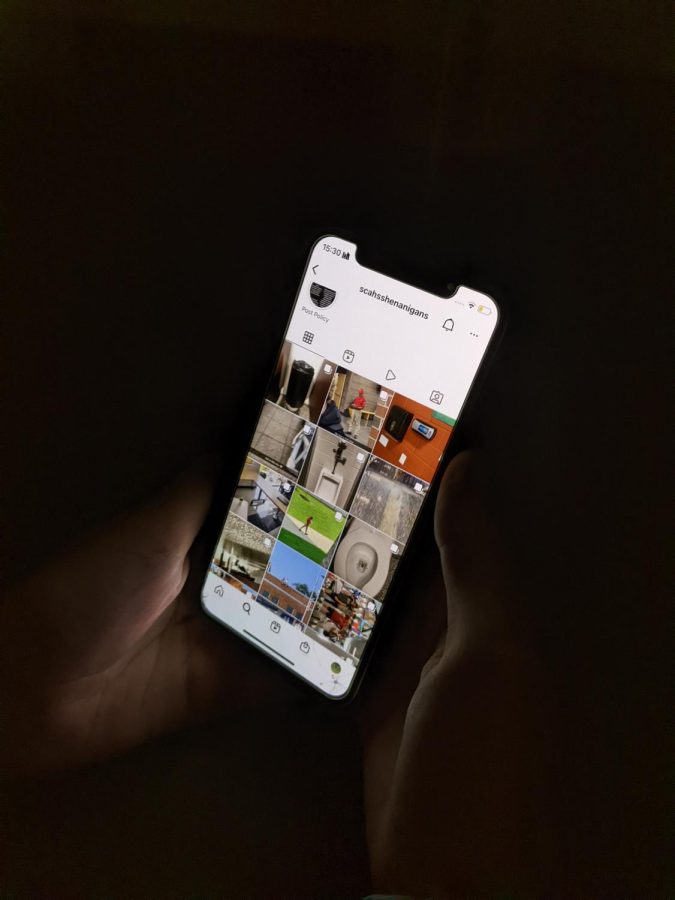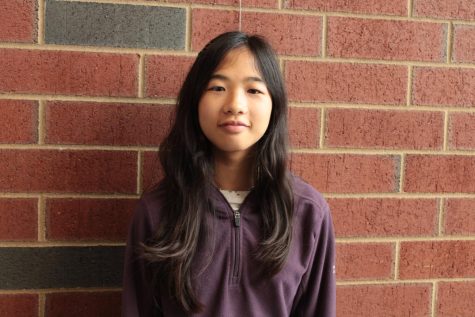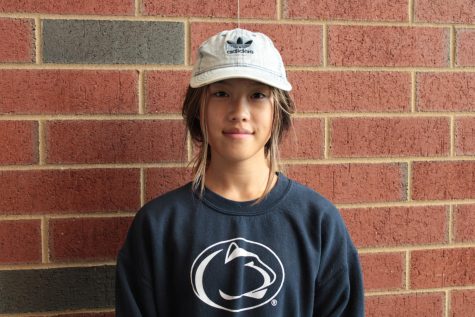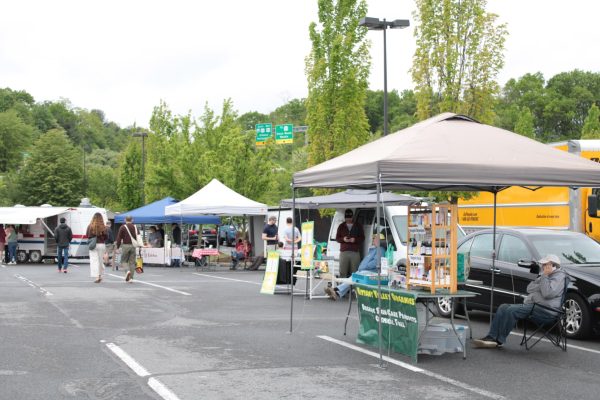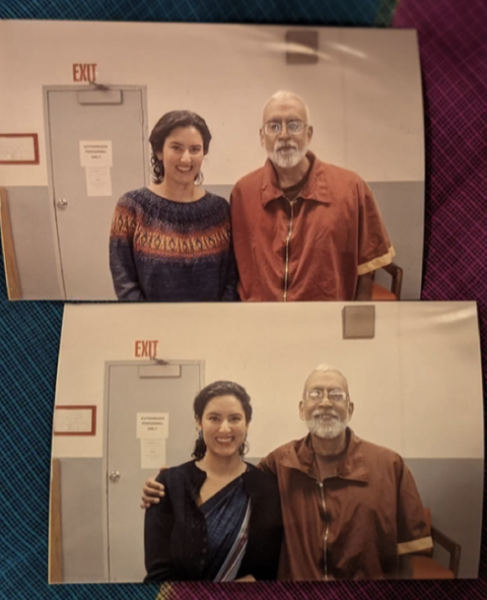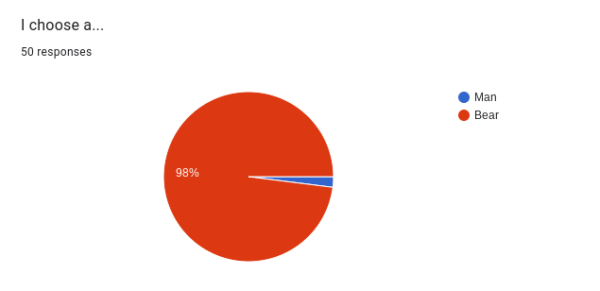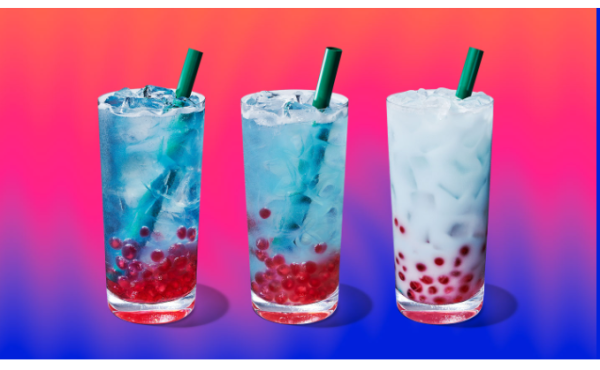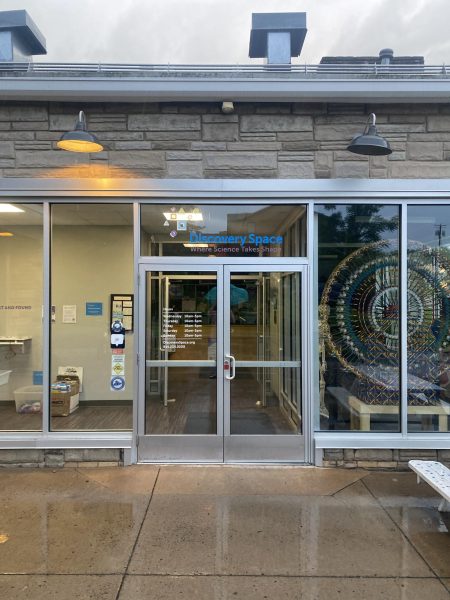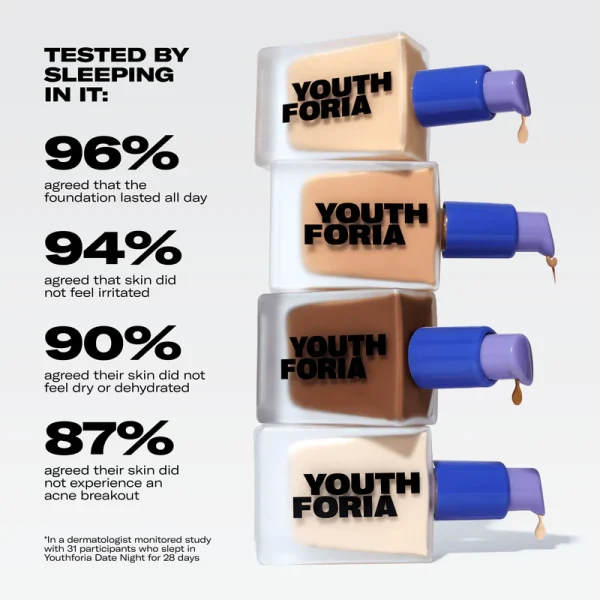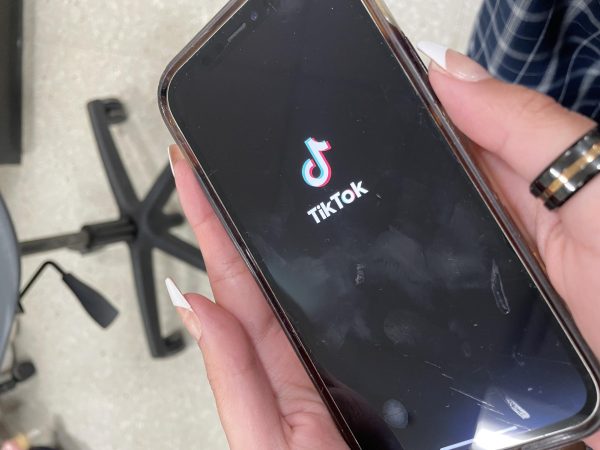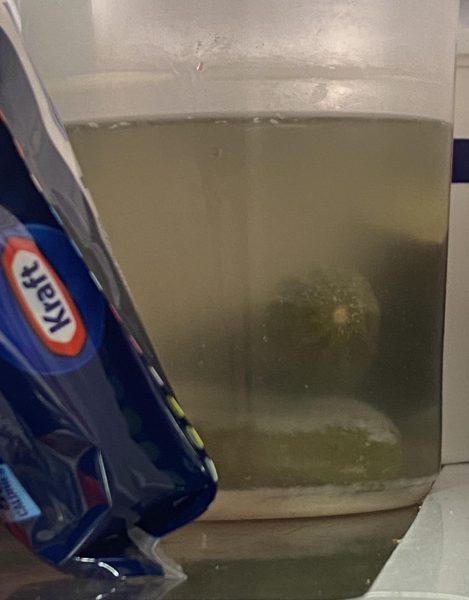Social Media: Bringing Us Together Or Breaking Us Apart?
Instagram: the same app that we use to get information from our school that could very well lead into a time trap for hours of mindless scrolling.
October 5, 2022
The long lasting debate surrounding social media and its impacts have changed the way that it has been viewed since it started to make its way into our society. People around the world have debated the topic for the sake of research, mental health, and even for society itself. While some argue that social media connects people through their interests and introduces them to different perspectives and new skills, others counter that social media has diminishing effects on mental health and productivity. It has been the topic of many research studies and many competitive debates, even in high schools.
There has always been a stigma surrounding social media. Since the start of Covid, social media has become more and more associated with mental illnesses like depression, anxiety, body dysmorphia, etc. Many believe that Instagram portrays a misleading view of other people’s lives that aren’t necessarily reality, especially since Instagram largely shows solely the positive parts in life. This makes it incredibly easy for people to compare themselves and their lives to a perfected version of others’, which is bound to lead to insecurity and mental illness.
Society’s view on mental health and beauty standards often contribute to psychological issues regarding social media as well. Posts about beaches and pools in the summer showing off people’s “perfect” summer bodies have had harmful effects. Teenagers and adults alike compare their own bodies to others based on the “norms” that social media has enforced on people. In reality, body type is largely due to genetics. Most beauty-standard swimwear pictures during the summer are the result of layers of airbrushing and editing rather than natural tans and lean figures. Platforms like Instagram and TikTok have consistently fueled insecurity, or even eating disorders and body dysmorphia in severe cases.
It doesn’t help that until recently, mental illnesses have been swept under the rug. The majority of this issue is accredited to older generations and their stigma around mental health. Many teenagers who are struggling mentally are told by their parents, or other adults, that their phones and more specifically, social media sites, are to blame.
While this may be true, it’s far from being the only case. As mentioned earlier, social media has been known to cause depression, anxiety, eating disorders, and body dysmorphia. Nonetheless, even if this is the case, teenagers already go through a multitude of obstacles throughout high school and puberty. In fact, it can be argued that social media has improved the mental health of people as well.
It gives people a place to express themselves in ways they might not be comfortable with otherwise, despite the popular belief of a false illusion portrayed on social media. The idea of hiding behind a screen also means a safety blanket for those who want to express themselves freely.
On the other hand, this also provides an opportunity for deceit. Children are constantly warned to use caution around strangers on social media, and for good reason. It’s unnervingly easy for hostile people to hide behind the innocent facade of a social media profile to carry out dangerous plans, making it scarily difficult to tell a person’s true intentions.
But, social media still has a tendency to bring people all around the world together through shared interests, entertainment, relatability, humor, trends, etcetera. It gives people a chance to find communities on a global scale through many different platforms; everything from schools and sports to friends and other groups are all found online.
Sociologists say that social media speeds up the process of time-space compression — a concept that describes developments in society that further the connection between people despite long distances. Not only does this apply to big-time platforms like TikTok, for example, but platforms like Tumblr or Pinterest can also help people connect with communities in their interests. Additionally, it also makes it so that there are a variety of different ways to interact with these communities. Whether it’s liking or commenting on someone’s post or sending relatable and funny videos to friends, social media broadens the ways we communicate with each other. The way algorithms are set up allow people to be connected in this unique way— strangers or friends.
Eugene Ruocchio is a 9th grade Earth Science teacher at State High who is known among his students for being an avid user of social media. He has seen multiple perspectives regarding the uses of these different sites.
When asked about his experience, he commented, “There’s no question that people will find their community of people that are like them, that they can interact with, that they can then make it grow and become something bigger than just a social media thing.”
However, although social media’s algorithm and set up make it easy for people to connect over likes and dislikes, it also results in people quickly becoming a bit too immersed in their online life. This is the root of social media addiction.
Maddie Titus, a 9th grade counselor at State High, recalls the addiction of one of her previous students. “I had a student last year that just, he was literally addicted to his phone and he even told me that, like he wasn’t getting anything done, could not put their phone down and so their grades started to slip. That’s definitely a negative impact of social media, the time trap it creates,” she confessed.
The aforementioned algorithms on social media are designed to add more posts targeted specifically to a user’s interests based on their liked posts to their “For You” or discover page, making it easy for them to find themselves scrolling through their phones for hours on end. Not only is this bad for people’s health, but it also impacts their productivity, which can result in slipping grades and a lack of motivation for school students.
Regardless of how addiction can occur, some students and teachers share that they balance their schoolwork and social life easily, and set boundaries for themselves to ensure a productive work-life balance.
Sophia Ge is a freshman at State High this year. Despite all the new changes this year, she easily balances her homework with her life on social media.
“I usually separate social media and school pretty well, I believe. So [it doesn’t] really affect my productivity or anything,” she explained.
Social media isn’t just black and white. Instead, this multifaceted concept is a true blend of positive and negative. Essentially, it’s impossible to say with confidence that social media only brings us together or only brings us apart. There are multiple sides to this debate. For some, social media depletes energy, productivity, and mental health, whereas for others, social media allows them to keep in touch with their interests, their self-love, and the people they love.

